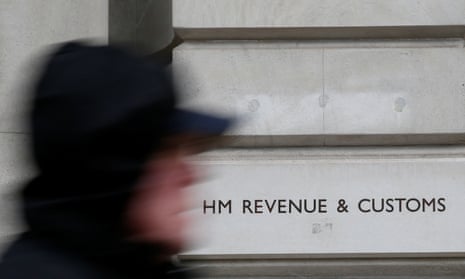The law firm Mishcon de Reya has filed a legal complaint against new anti-tax evasion measures, arguing that they infringe privacy and data protection rights.
The Information Commissioner’s Office confirmed it had received a complaint against HMRC and the Common Reporting Standard, a system whereby different countries’ tax authorities automatically exchange information.
The complaint was filed on behalf of an unnamed EU citizen who did not wish to be identified, according to the Financial Times. The woman is domiciled in Italy, meaning she argues it is her home for tax purposes.
It is not known where she is currently resident, though she was reported to have been previously resident in the UK and to have had a UK bank account containing £4,000.
The complaint claims that sharing her information with overseas tax authorities would subject her to a risk of her data being hacked, and would infringe European data protection and human rights laws.
“There is a wealth of objective evidence supporting our proposition, not least the comparisons made between the CRS and the data retention directive, the latter of which was effectively declared illegal by the European court of justice in 2016,” said Filippo Noseda, a partner at Mishcon de Reya overseeing the challenge.
“In a democratic society, the rights to privacy and data protection are an essential safeguard to protect compliant citizens against potential abuses and must be treated with the appropriate seriousness by the authorities.”
An ICO spokesperson said: “We have received a complaint relating to HMRC and the Common Reporting Standard and will be looking into the details.”
HMRC said: “HMRC shares some personal data with overseas tax authorities to ensure that the right tax is being paid, and the OECD ensures all recipient countries have high data security standards. HMRC only ever shares information when it’s lawful to do so. This includes complying with applicable GDPR [data protection] requirements.”
Mishcon de Reya also suggested it was considering a challenge against transparency measures introduced by David Cameron requiring UK companies to identify their true owners.
Beneficial ownership registers were introduced in the UK in June 2016 in an effort to prevent individuals from hiding their ownership from law enforcement or tax authorities through shell companies or trusts. Last year the EU passed a directive requiring all member states to implement similar measures.
“Our contention is that the publication of sensitive data concerning the internal governance and ownership of private companies by the beneficial ownership registers is not necessary” for the purposes of tackling crime and tax evasion, Mishcon de Reya said.
UK rules allow for a person to request an exemption from the register if they believe it would result in a risk of violence or intimidation. If Companies House declines to grant the exemption, the applicant has 21 days to appeal against the decision at the high court.
“The UK’s persons of significant control (PSC) register strikes a balance between revealing company ownership information – making it harder for corrupt individuals to hide behind UK firms – and retaining a level of privacy for individuals who can demonstrate a risk to themselves from having their details published,” said Rachel Davies Teka, head of advocacy at the anti-corruption group Transparency International.
“Any move to make the UK’s PSC register entirely private would defeat one of its key purposes, which is to tackle the use of anonymously owned companies in corruption and money laundering schemes.”
Mishcon de Reya recently found itself at the centre of a press freedom controversy after the sons of the murdered Maltese investigative journalist Daphne Caruana Galizia accused the firm of attempting to “financially cripple” her through legal actions in UK courts.
Caruana Galizia’s sons criticised the free speech organisation English PEN for allowing the firm’s deputy chairman, Anthony Julius, to sit on its board of trustees. Last month the group announced it would continue its relationship with Julius.
The firm said it had acted in accordance to EU law and that Caruana Galizia had made corrections to articles published on her blog after it wrote to her.
